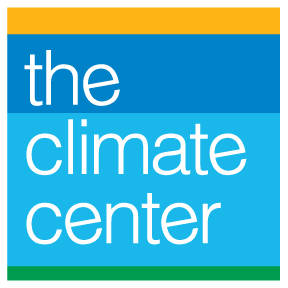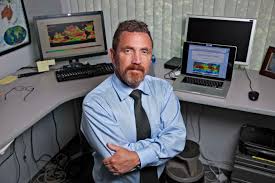
Climate-Safe California webinar #1 – What Science Requires – 26 Jan 2021
The Clean Coalition was a partner organization for this webinar, which took place on 26 January 2021.

The Climate Center’s Climate-Safe California webinar series will take a dive into the science, economics, policy, and technical aspects of their Climate-Safe California platform. In this series of webinars the Climate Center will bring experts from across California to discuss the latest climate science, targets for emissions reductions based on that science, and the policies that will transition us away from fossil fuels, lead to sustainable mobility, decarbonizing buildings, and natural carbon sequestration. They will also cover how to finance climate action at scale, and what a just transition to a clean economy that serves frontline communities looks like.
The series will culminate with a policy summit that will focus on new legislative and administrative policy needed this year to achieve the vision of Climate-Safe California.
See below for more information on the first webinar of the series.
Webinar #1 – Climate-Safe California: What Science Requires
26 January 2021 at 10AM PT
+ Click here for more information
This webinar focused on an in-depth review of the current science, and the urgent need for accelerated action. It answered the question: What target for greenhouse gas emission reductions does the science support? A brief overview of the Climate-Safe California suite of solutions that can address the climate crisis was also offered.
Presenters: Ben Santer, Ellie Cohen, and Jason Barbose

Ben Santer is an atmospheric scientist at Lawrence Livermore National Laboratory (LLNL). His research focuses on such topics as climate model evaluation, the use of statistical methods in climate science, and identification of natural and anthropogenic “fingerprints” in observed climate records. He is a pioneer endorser of Climate-Safe California.
Santer holds a Ph.D. in Climatology from the University of East Anglia, England. After completion of his Ph.D. in 1987, he spent five years at the Max-Planck Institute for Meteorology in Germany, where he worked on the development and application of climate fingerprinting methods.
Santer served as convening lead author of the climate-change detection and attribution chapter of the 1995 IPCC report. His awards include the Norbert Gerbier–MUMM International Award (1998), a MacArthur Fellowship (1998), the U.S. Department of Energy’s E.O. Lawrence Award (2002), a Distinguished Scientist Fellowship from the U.S. Dept. of Energy, Office of Biological and Environmental Research (2005), a Fellowship of the American Geophysical Union (2011), and membership in the U.S. National Academy of Sciences (2011).
In addition to his research, he cares deeply about the communication of climate science to a wide range of audiences. He writes for the Scientific American blog and has appeared on “Late Night with Seth Meyers”.
 Ellie Cohen, CEO of The Climate Center, is a leader in catalyzing cross-boundary, collaborative and just solutions to climate change and environmental degradation. She has received numerous honors including the Beyond Duke Alumni Award for Service and Leadership (2019), the National Park Service Pacific West Region Partnership Award (2018) and the Bay Nature Environmental Hero Award (2012).
Ellie Cohen, CEO of The Climate Center, is a leader in catalyzing cross-boundary, collaborative and just solutions to climate change and environmental degradation. She has received numerous honors including the Beyond Duke Alumni Award for Service and Leadership (2019), the National Park Service Pacific West Region Partnership Award (2018) and the Bay Nature Environmental Hero Award (2012).
Ellie volunteers as an invited member of the County of Marin Drawdown Sequestration Collaborative, an appointed member of the San Anselmo Sustainability Commission and an appointed member of the Marin Municipal Water District’s E-Bike Community Advisory Committee.
 Jason Barbose is the Senior Policy Manager of Western States for the Union of Concerned Scientists. Jason advocates for UCS’s policy priorities in California and other western states. He meets with government officials, builds partnerships with allies, and helps manage legislative and regulatory campaigns to advance UCS priorities on climate change, energy, and transportation issues. Prior to joining UCS, Jason worked on these issues at the Better World Group and Environment California. He holds a master of public policy from U.C. Berkeley and a B.A. in politics from U.C. Santa Cruz.
Jason Barbose is the Senior Policy Manager of Western States for the Union of Concerned Scientists. Jason advocates for UCS’s policy priorities in California and other western states. He meets with government officials, builds partnerships with allies, and helps manage legislative and regulatory campaigns to advance UCS priorities on climate change, energy, and transportation issues. Prior to joining UCS, Jason worked on these issues at the Better World Group and Environment California. He holds a master of public policy from U.C. Berkeley and a B.A. in politics from U.C. Santa Cruz.
